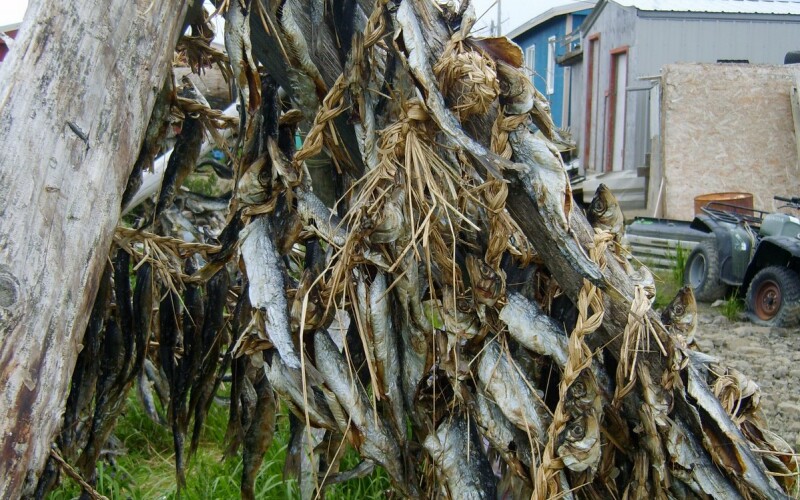Leigh Belanger, the fisheries outreach coordinator for Businesses for Conservation and Climate Action (BCCA), sent out an email blast on Sept. 7, advising fishermen and other stakeholders that there is still time to comment on NMFS and NOAA’s proposed revision of the guidelines for National Standards 4, 8, and 9, which guide fisheries management.
According to a BCCA letter to NOAA – the National Oceanic and Atmospheric Administration – “Current fisheries management undermines ecosystem and community health, violates NOAA’s emergent commitment to equity and environmental justice, and favors short-term economics at the expense of resource and fishery-dependent communities.”
Linda Behnken, executive director of the Alaska Longline Fishermen’s Association represents one of several fishermen’s organizations from all over the country that have signed onto the BCCA letter. “We want to integrate NOAA’s new commitment to equity and environmental justice into the National Standard guidelines,” says Behnken.
According to Behnken, the BCCA wants to see the objectives of Standards 8 and 9 – which address community and bycatch, respectively – integrated into Standard 4 which addresses allocation. “The councils need to understand that decisions around allocation and bycatch have huge equity and environmental justice impacts on the participation of community-based fishermen in adjacent fisheries,” she says.
Behnken asserts that regional fisheries management councils cannot make isolated decisions about allocation and bycatch.
“They have to be cognizant of the objectives of Equity and Environmental Justice,” she says. “These guidelines are very interconnected, and huge impacts on whether fisheries-dependent communities have access to fish, food, and livelihoods.”
Behnken also points out that climate change is exacerbating the existing problems. “Climate change is challenging all these standards and a big part of why they need to be updated,” she says.
Both Leigh Belanger and Behnken believe the councils need to include more representation from small-scale fisheries. “The commitment to equity and environmental justice will lead to better representation of underserved communities,” says Behnken. “But I don’t know if we’ll get additional seats on the council of seats for Native communities, which is what people in Alaska are talking about.”
There’s still time to comment on the revisions online here.







